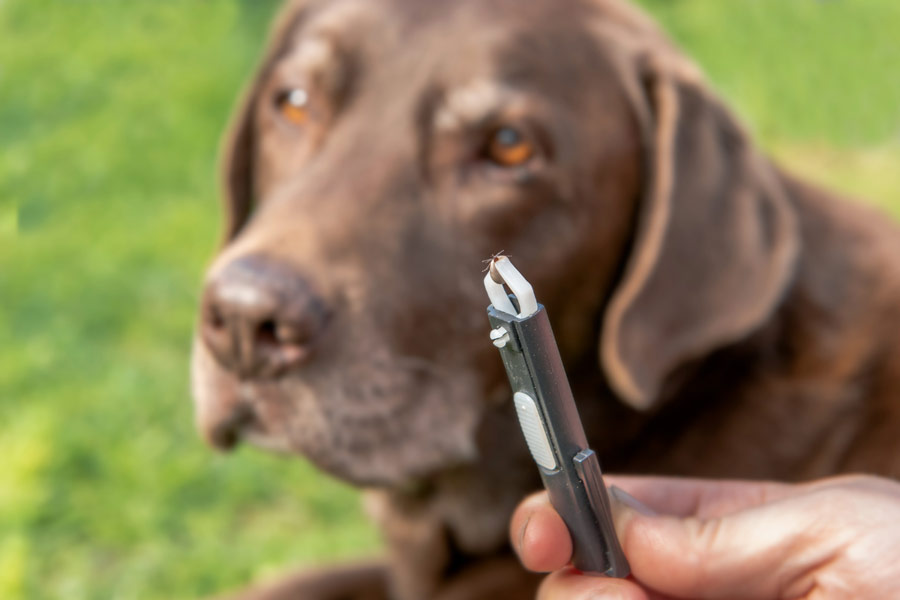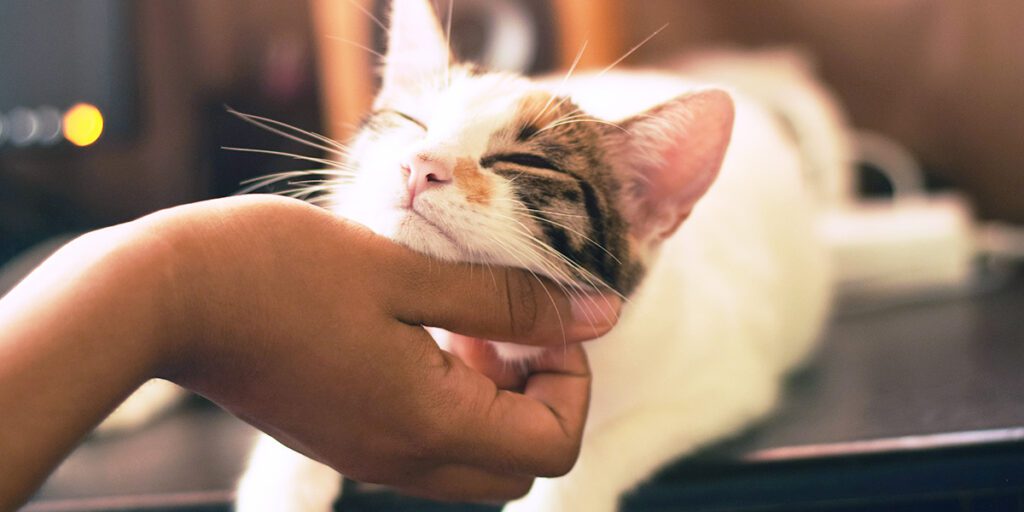Advances in veterinary medicine mean that we can do more for your pets, but we appreciate treatment can be expensive. Pet Insurance helps ensure you can give your pets the care they need if they fall ill.
You may be surprised to hear that you are more likely to claim on your pet insurance than your car or household policies (Allianz Insurance plc). In fact, in our experience, if you don’t need to claim on your pet insurance, you are very lucky indeed!
It’s important to be aware that not all pet insurance is the same.
In general, there are four types of policy – some are more expensive than others, but there’s a reason for that:
Accident Only Policies
These will pay a fixed sum towards an accident or injury. Accident Only Policies do not, however, cover any illnesses unless they present as an emergency. They are usually the cheapest policies and the most limited.
Time-Limited Policies
These are the most common type, and provide a fixed amount of money for each condition, for a fixed period (usually 12 months). Once the money allocated is used up, or the time limit runs out, the company stops paying and will not pay out any more towards that condition, even if it resolves and then reoccurs elsewhere.
Maximum Benefit Policies
The principle is similar, with a fixed pot of money – this may be per condition, or it may be per animal – but no time limit.
Lifetime Policies
These policies will cover the animal for a fixed amount of money each year; once that money is spent, they won’t cover any more that year. However, the next year, the “pot” is refilled, and the money is available again so long as you keep up your insurance. These are the most expensive type, but they also mean that long-term or chronic diseases will continue to be covered.
Also, consider what the policy does not cover. These are called “exclusions”, and typically would be things like:
- Conditions that were present before you took out the policy.
- Conditions that emerged in the first few days or weeks after you took out the policy.
- A similar condition developing in another place on the animal – this will often be treated as a recurrence of the original condition.
- Routine and preventative treatments (e.g. flea, worm and dental treatment).
- Pregnancy and whelping or kittening.
Pet insurance is very important to ensure that you can give your pet the treatment they need – but ALWAYS read the small print carefully!
Claiming directly from the insurance company results in significant administration problems. Unfortunately, we have withdrawn the right to claim directly from some insurance companies because we have had many subsequent payment problems. We can still offer a direct claim service for clients with large accounts, but we will only be able to continue to do so if this is not abused.


